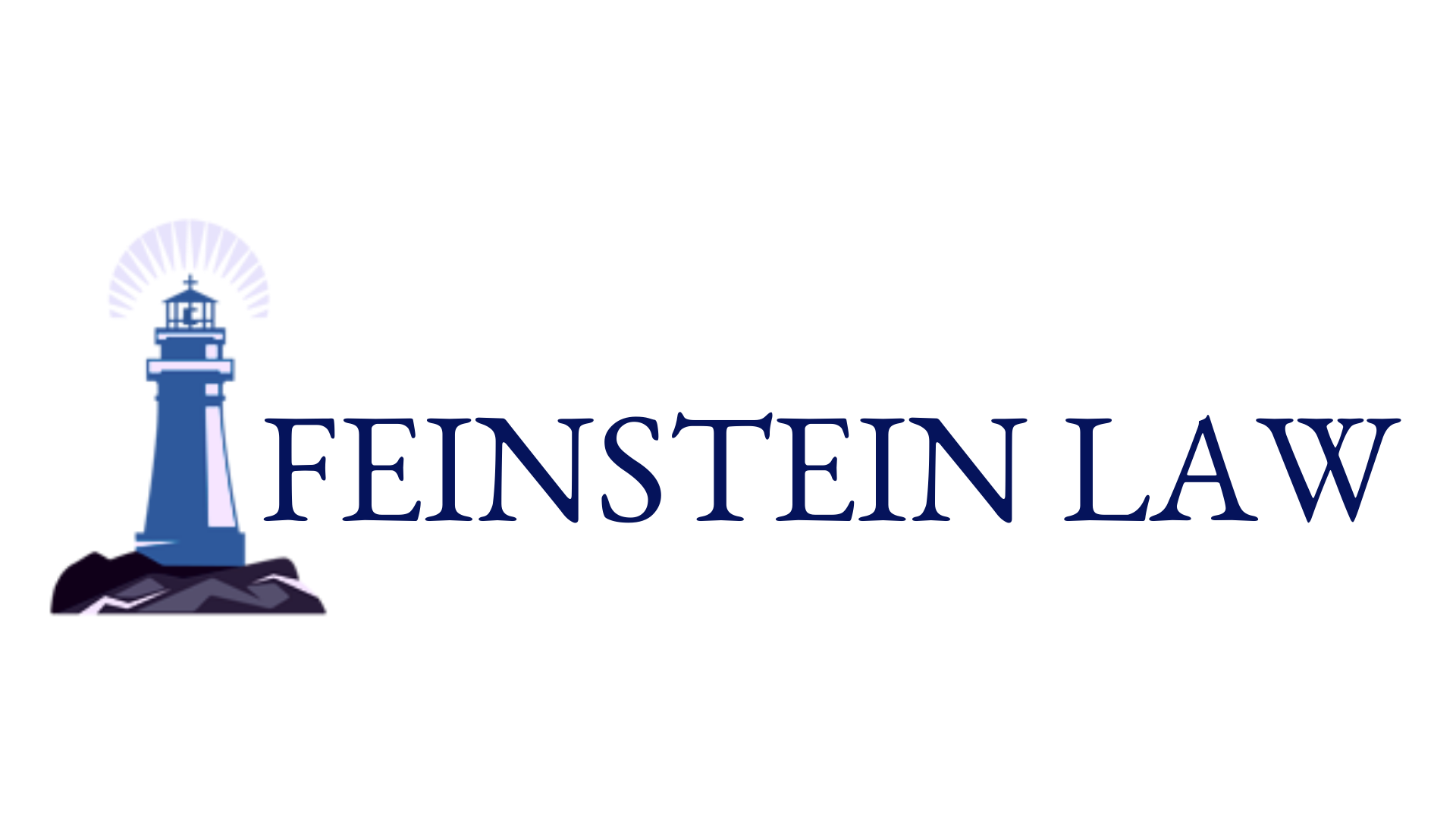In 2002, Congress passed Sarbanes-Oxley to aid federal officials with the accounting scandals that centered around companies like Tyco, Worldcom, Arthur Anderson, and the infamous Enron. In the Act, there is an anti-shredding provision, 18 U.S.C. § 1519, that criminalizes knowingly altering, destroying, mutilating, concealing, covering up, falsifying or making a false entry in “any record, document, or tangible object with the intent to impede, obstruct, or influence the investigation or proper administration” of a federal matter and, according to the government, fish are within the ambit of “tangible object.”
On August 23, 2007, about 100 miles west of Tampa, FL, John L. Yates and his crewmember of the Miss Katie were boarded by a field officer with the Florida Fish and Wildlife Conservation Commission. After boarding the vessel, the field officer noticed that there were red groupers that appeared to be below the 20-inch legal limit. In fact, according to the field officers report, seventy-two (72) groupers were under the length limit and were placed in wooden crates while Yates was issued a citation and informed that the National Marine Fisheries Service would seize these fish upon the vessel’s return to port. But, upon returning to port four days later, all seventy-two illegal length groupers were gone because Yates ordered his crew to throw the fish overboard.
Following a jury trial in the Middle District of Florida, Yates was found guilty of destroying or removing property to prevent seizure under 18 U.S.C. § 2232(a) and of destroying a “tangible object” under Sarbanes-Oxley’s anti-shredding law, § 1519. It is presumed that the government attempted to use § 1519 because it carries with it a maximum sentence of twenty (20) years, while § 2232(a) only carries a five (5) year maximum. However, Yates was sentenced to thirty (30) days and three (3) years supervised release. The Eleventh Circuit affirmed Yates’ conviction under Sarbanes-Oxley § 1519 but the Supreme Court of the United States granted writ of certiorari on April 28, 2014 under the question presented by Yates of “[w]hether the ordinary or natural meaning of the phrase ‘tangible object,’ in light of its surrounding terms and its placement in the Sarbanes-Oxley Act, is a thing used to preserve information, such as a computer, server, or similar storage device.”
If the government wins and a broad reading of the term “tangible object” is accepted by the Court, it could create a truly burdensome situation for businesses that have to comply with Sarbanes-Oxley, especially in storage costs. If Yates wins and a less restrictive reading is applied, then this one truly got away from the government. The case is Yates v. United States, No. 13-7451 and the oral argument is not yet scheduled.
And, here’s the hook, if you are an officer or director of a public company or a company that is about to go public and you have questions about Sarbanes-Oxley requirements or certifications consult a competent securities attorney before you get caught in the net.
This securities law blog post about going public is provided as a general informational service to clients and friends of Feinstein Law, PA and should not be construed as, and does not constitute, legal and compliance advice on any specific matter, nor does this message create an attorney-client relationship.
For more information concerning the rules and regulations affecting the going public direct transactions and direct public offerings please contact Feinstein Law, PA at (619) 990-7491 or by email at Todd@Feinsteinlawfirm.com or JDunsmoor@Feinsteinlawfirm.com. Please note that the prior results discussed herein do not guarantee similar outcomes.


